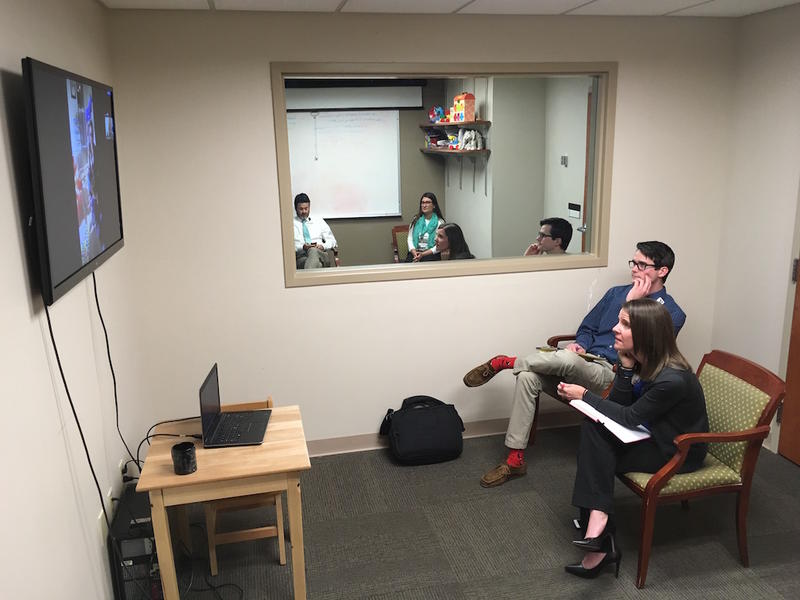
The Nashville area has its first local data on the prevalence of autism spectrum disorders. And the numbers are slightly lower than the national figure, which jumped up this year.
Every two years, the Centers for Disease Control put out new figures. The latest, released Thursday, show one in 59 children have a diagnosis on the autism spectrum, up from one in 68.
But there’s great geographic variation, with much higher rates on the East Coast. New Jersey has the highest prevalence at one in 34. Arkansas has the lowest, with one in 76.
However, researchers don’t believe there’s anything wrong with kids in New Jersey. Rather, the state probably has better services and record-keeping, says Walter Zaharodny, an associate professor at Rutgers New Jersey Medical School.
“New Jersey is almost a perfect state to conduct such a study because we have a well-established, well-funded, sophisticated public education system,” he told NBC News. “We have a pretty decent complement of developmental specialists in the region.”
The Nashville area figure is one in 64, according to data Vanderbilt University Medical Center gathered in coordination with the CDC. The count includes an 11-county area.
But Tennessee also lags behind in autism screenings. The data shows only a third of children had received an evaluation by age three.
“We should be working to get that number closer to 90 percent or more,” said Zachary Warren, executive director of Vanderbilt’s Treatment and Research Institute for Autism Spectrum Disorders.
TRIAD has been using video conferencing to expand its reach across the region, conducting both diagnostic and therapy sessions through secure connections.
More: Could Telemedicine Work For Autism Therapy? Vanderbilt Experiments
Vanderbilt’s telemedicine work is funded by a grant from the Tennessee Department of Education. The medical center also works with TDOE to train teachers, special educators and administrators in how to handle students on the autism spectrum.


